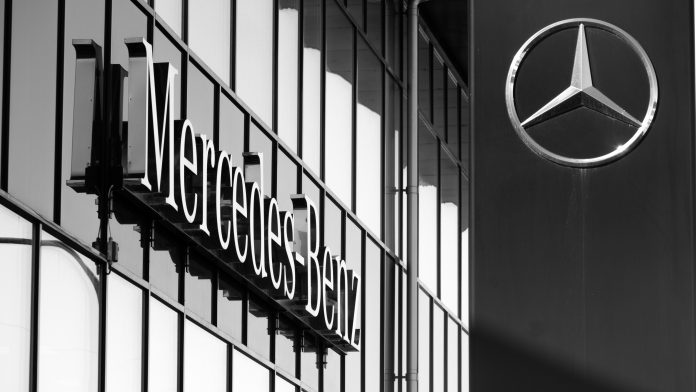On April 30th, Mercedes-Benz announced that it would maintain the high prices of its luxury vehicles despite a decline in quarterly profits. The company attributed the decline to model changes and supply chain delays, which it is actively addressing.
In the first quarter, the German luxury automaker revealed a 30% decrease in earnings before interest and tax (EBIT) to $4.13 billion, in contrast to the expected 3.87 billion LSEG. The company’s Mercedes-Benz Cars division saw a decline in return on sales to 9.6% from 14.9% a year earlier, with vehicle sales down 8% at 462,978. The company attributed the decline to supply chain-related costs and model changes in the top-end sector.
Despite the decline, the company expressed optimism about the future and aims to maintain and defend pricing at present levels, which it considers high. Mercedes-Benz anticipates a positive shift in sales volumes in the second quarter, viewing the first quarter as a temporary dip. The group’s 2024 prognosis predicts stable sales and slightly reduced earnings before interest and tax compared to the previous year. However, according to Head of Finance Harald Wilhelm, the company remains “vigilant about the global macroeconomic and geopolitical outlook.”




